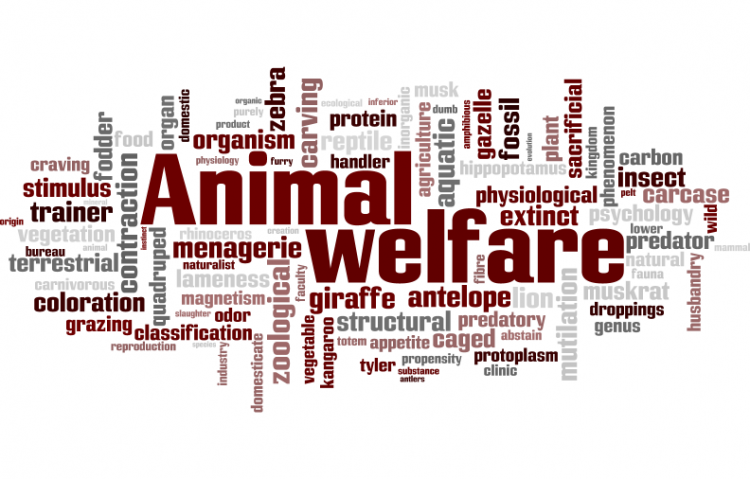Help the RSPCA ban the use of sow stalls and farrowing crates in the pork industry

- Target:
- government and industry decision makers
- Region:
- Australia
- Website:
- www.rspca.org.au
In the lead up to Mother’s Day, the RSPCA is urging all supporters to help increase the public awareness of the dismal plight of intensively farmed breeding sows.
Sows spend 24-hours a day living in narrow, metal barred pens just 2 metres long by 60 cm wide. They can barely stand up, let alone turn around.
A sow stall is a metal-barred crate that houses a single sow for all or part of her 16-week pregnancy. The floor of the stall is usually concrete, with a slat-covered trench for manure at the rear. There is just enough space for the sow to stand up in — she cannot turn around and can only take a short step forward or back. About a quarter of sows in Australia are kept in stalls for the full length of their pregnancies.
The use of sow stalls restricts and and adversely effects movement, social interaction and behaviour of sows. Pigs are intelligent, social animals, with a complex range of behaviours and needs. When kept outdoors, they spend many hours every day exploring their environments and foraging. In a sow stall they can’t even turn around.
Pigs housed in sow stalls have no opportunity to engage in exploratory and foraging behaviour, or to interact socially with other pigs. As a result, they show high levels of stereotypical behaviour (repeating the same action, such as biting the bars of the stall and swaying their heads) and unresolved aggression.
Pregnant sows are highly motivated to engage in nesting behaviours, but they are prevented from carrying out this behaviour in farrowing crates. Farrowing crates are metal-barred pens similar in size to a sow stall but slightly narrower. The sow is moved into the farrowing crate a few days before giving birth and is kept there until the piglets are weaned at about 3–4 weeks.
Pregnant sows can be successfully housed in groups, provided that they are properly managed and have sufficient space to avoid aggressive encounters. Alternatives to sow stalls include straw yards with individual or electronic feeders to regulate food intake. There are also alternatives to farrowing crates. These include pens, which provide bedding and allow more movement, and extensive systems that use individual huts for farrowing.
We the undersigned support the RSPCA's call to ban the use of sow stalls and farrowing crates in the pork industry in favour of animal welfare friendly alternatives.
You can further help this campaign by sponsoring it
The Help the RSPCA ban the use of sow stalls and farrowing crates in the pork industry petition to government and industry decision makers was written by RSPCA NSW and is in the category Animal Welfare at GoPetition.